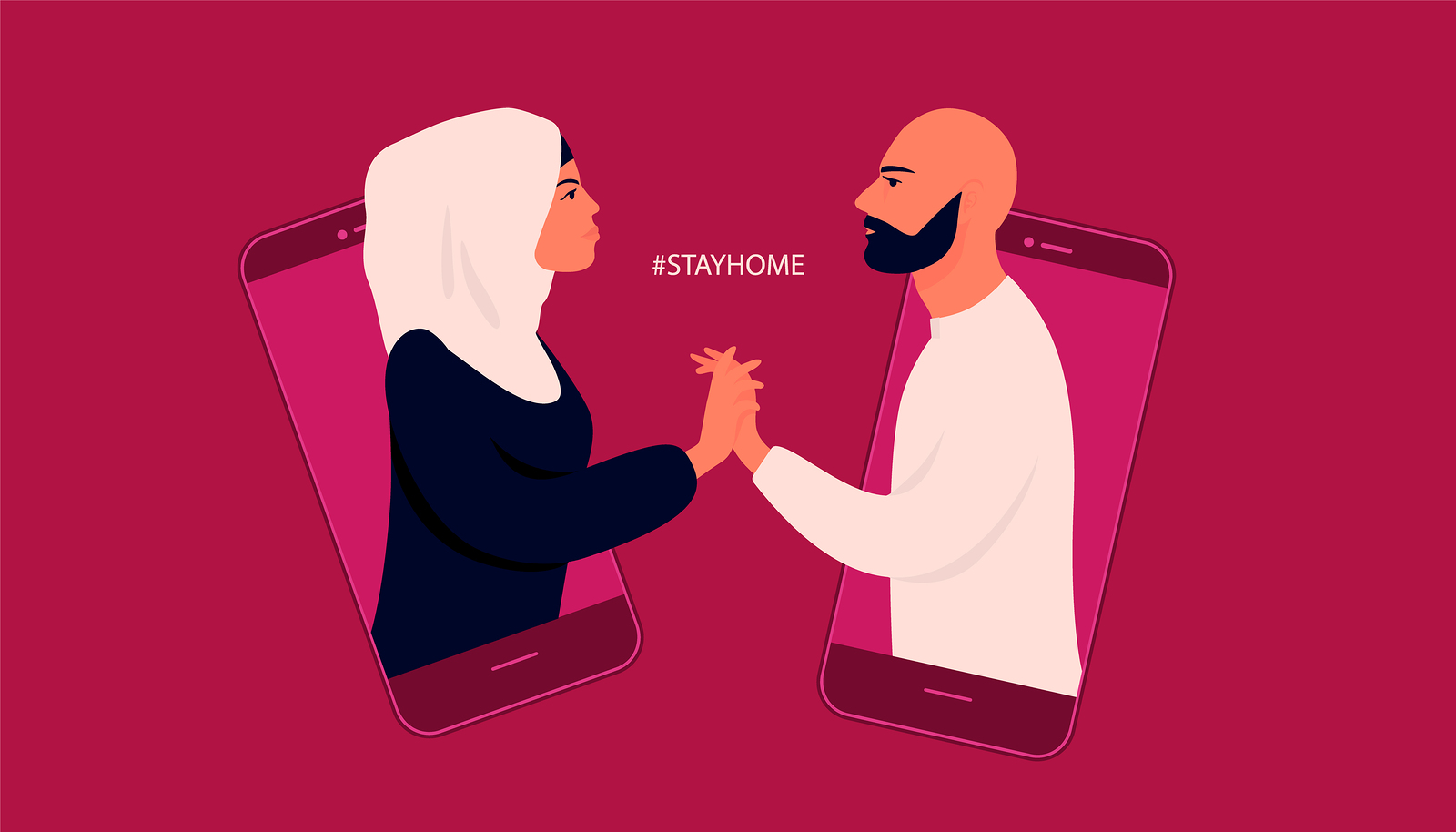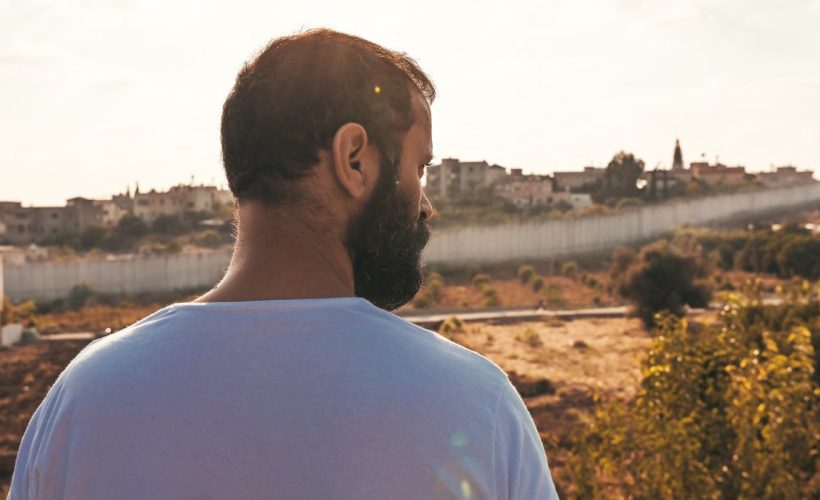Society
4.27.2020
In the Middle East, dating apps are booming during quarantine

Like their European counterparts, Middle Easterns have been subjected to a strict confinement. A situation that has reinforced the feeling of loneliness among many, demonstrated by the increase of dating applications usage across the region.
Flirting in the Middle East can be complicated, especially in some conservative countries where dating has to overcome a series of cultural barriers. Nevertheless, the traditional ways of dating, be it through a matchmaker or within the family circle, are beginning to lose their appeal within the younger generation.
Des applications de rencontre certifiées halal
In recent years, a number of dating applications using sophisticated algorithms to adapt to the cultural and religious specificities of Muslim countries started to appear on the market. This is the case in Saudi Arabia with Et3arraf , a startup founded in 2012 by Lebanese entrepreneur Cédric Maalouf, which helps young Muslims find their soulmate, through two applications: al Khatabbah (the matchmaker) dedicated for young people in the Saudi Kingdom, and Farah, a version targeting more “liberal” Muslims in Egypt.
Et3arraf is not the only company to have broken into the dating market in Egypt, the most populated country in the Middle East, where 60% of the population is under 30 years old. It is also the case of Hawaya (former Harmonica), a start-up created in 2017 by Sameh Saleh and Shaymaa Ali, aiming to connect young Muslims while respecting their tradition. Former librarian at the famous Alexandria library, the latter took a while to find her life partner, in what proved to be a complicated situation, especially in Egypt where the pressure of marriage weighs heavily on women. “Women should not accept any suitor simply to escape spinsterhood, a delusional social label imposed by society… delaying my marriage until I found my compatible partner was the best decision I made, ” she told Women of Egypt magazine a year ago.
That’s why these applications place compatibility and match at the heart of their service, based on artificial intelligence and elaborate algorithms, as Shaymaa explains: “The app uses scientific methods and tests developed by psychiatrists and relationship experts. The users answer 30 questions and the app, using algorithms, matches people of compatible interest.” Although marriage remains a central concern in conservative societies, young people are turning away from the traditional ways of meeting their partner and the average age of marriage is constantly rising while the divorce rate continues to soar.
Des taux d’utilisation qui décollent depuis le début de l’épidémie
The situation is seemingly evolving, since the beginning of the epidemic, according to the figures displayed by these applications. As Cédric Maalouf explains: “We have increased our number of monthly users by 15%, from 40,000 to 50,000 users per month since the beginning of Covid-19. There are also a lot more active users, people who knew about the app but were no longer really using it, and have reactivated their account since the epidemic”.
The active users send each other more and more messages on the platform as well, going from 6 to over 10 million messages exchanged. Hawaya has also seen a 25% increase in the average time spent on its application, as well as a 40% increase in the number of messages sent between its users, according to an article by MenaBytes. A phenomenon that can be explained by the feeling of loneliness and isolation imposed by the confinement, according to the founder of Et3arraf: “The possibility of meeting outside has been drastically reduced since restaurants, bars and cinemas are closed. Feeling loved and socialized is a basic human need, so dating platforms help maintain that connection.”
The success of these applications in those times of crisis confirms the importance of technology in maintaining human ties beyond the walls, and encourages their founders to expand their business to other Muslim countries, like Cédric Maalouf “We hope to soon extend to other muslim markets such as Malaysia or Indonesia.”
popular

